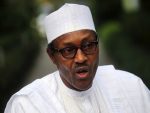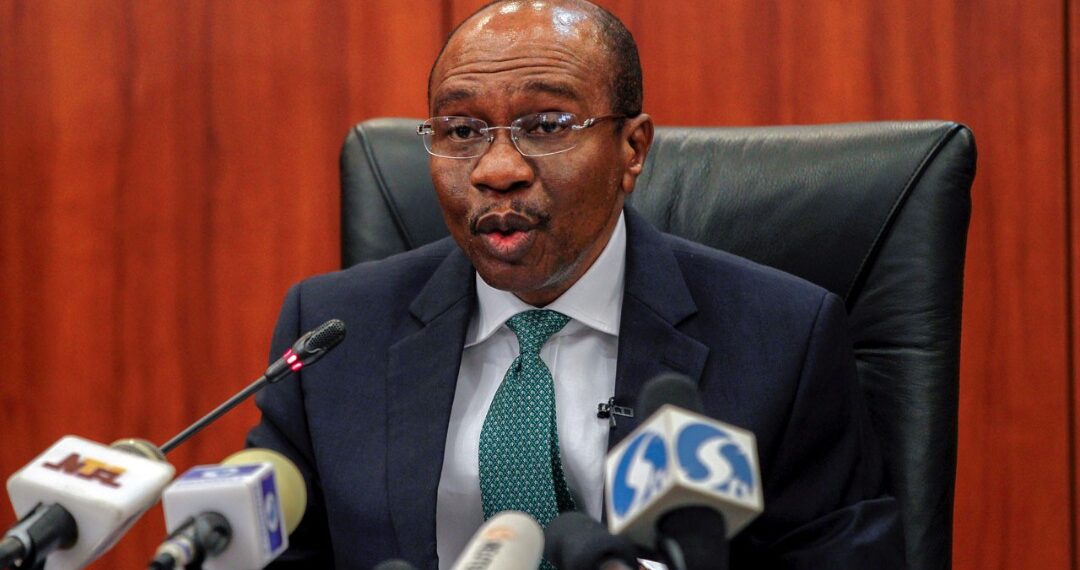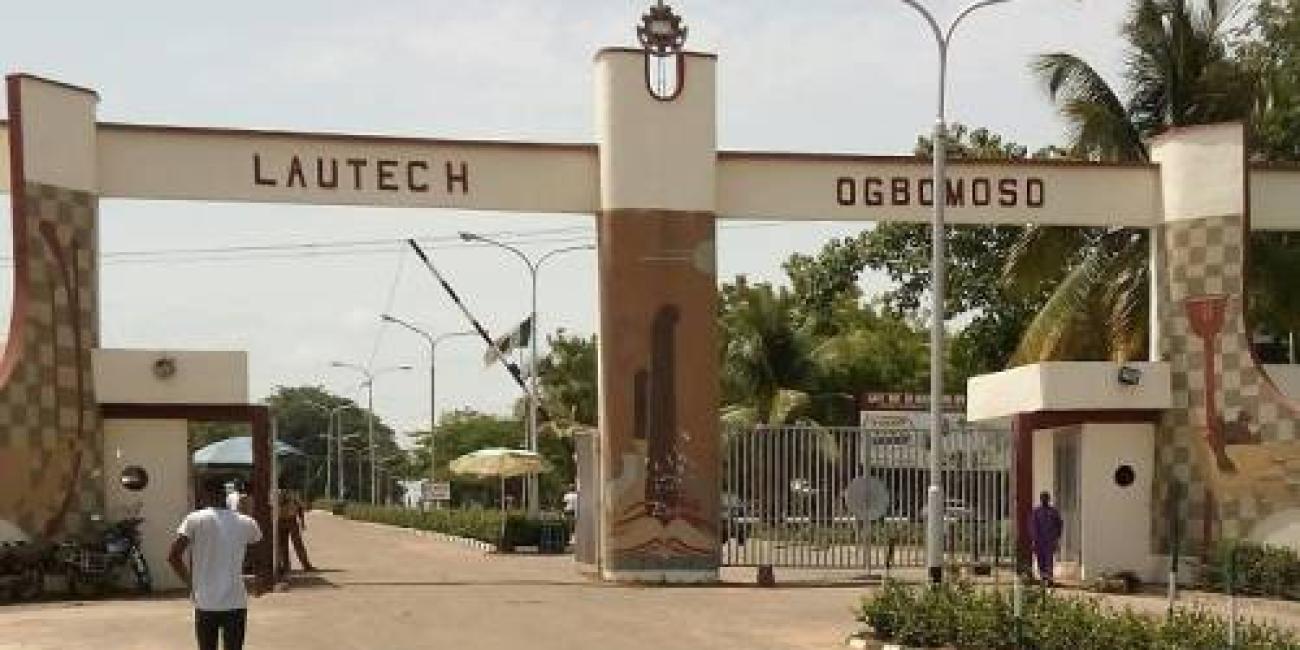By Yaya Ademola
Ramadan is a holy month with which Muslims believe Quran began to be revealed to Abu al-Qasim Muhammad ibn, the Prophet, messenger, servant of God and bearer of good tidings; it is the holy month of worship, study of Quran, prayer and fasting. It is a month when giving Zakah is so important. Zakah is, an obligatory charity from the rich that has potential to ease suffering of poor people, is one of the pillars of Islam. In Islamic culture, Ramadan is the most sacred month.
Ramadan originated from the Arabic root “ar-ramad”, which means scorching heat. It is believed that in the 610 AD, Angel Gabriel appeared to Prophet Muhammad and revealed to him the Quran, Islamic Holy Book. It is, therefore, a period to commemorate the revelation of Quran to Prophet; a period of spiritual reflection and growth; time to support those in need; time to deny oneself by fasting during daylight for the entire month of Ramadan. The fasting is done between sunrise and sunset. Muslims will wake up before dawn to eat light meal known as Suhoor and drink plenty water that will see them throughout the day and break with water and fruits after the sun fully sets with prayers and a communal meal known as Iftar usually with family and friends.
The beginning of Ramadan is based on Islamic Lunar Calendar and moon cycles and determined by sighting of the new crescent moon by religious leaders which is always held on the 9th month of the Islamic Lunar Calendar. Since the calendar depends on the moon cycle, Ramadan falls about 11 days earlier each year.
Although, Ramadan period could be estimated as it is on the calendar in our phones, appearance of the moon determines the first day of Ramadan which lasts between 29 to 30 days and followed by Eid al-Fitr celebration.
Except for those who are sick, menstruating, pregnant, lactating, travelling, very elderly, all Muslims fast during Ramadan; it is a period they get themselves close to Allah and pilgrimage to the holy land of Mecca. At Ramadan, Muslims abstain from sinful acts and do good deeds like charity among others; it is a month of self-reflection and a way for Muslims to develop good habits with the target to continue after the holy month.
Eid is the social event celebrated by Muslims after Ramadan with large feast with family, friends, and neighbours with new cloths especially for children and elderly receiving gifts or money. It is a time when Muslims seek forgiveness from each other.
At every Ramadan, hospitality business suffers patronage. Hospitality industry is a broad service business that includes lodging, food and drink services such as it is done in hotels, restaurants and bars. Some businesses under the umbrella of hospitality include hotels, motels, resorts, restaurants, parks, etc. At Ramadan period, hospitality business workers literarily go on leave and holiday and resume immediately it is over. If fact, they resume a day to Eid as they expect resumption of patronage from Eid.
Although, COVID-19 pandemic and lockdown in 2020 resulted to economic downturn, low purchasing power and harsh economic realities, which badly affected hospitality business like other businesses, relaxation of the stiff measure of lockdown but with strict adherence to COVID-19 protocols vis-a-vis limited number of people that could gather for social events, use of facemask and sanitizers among others, have affected hospitality industry in no small way. Apart from this exceptional situation, Ramadan has always exercised enormous constraint on the capacity of the hospitality business to operate optimally. Another exception is our present pathetic worsening state of insecurity and siege. At normal period, levels of crimes and criminality have always gone down during Ramadan.
According to 2018 Survey data estimate in the World Factbook by CIA, Nigeria population has 53.5% Muslim; 45.9% Christian and 0.6% as other. Although, Muslims are said to be more than Christians by 7.6% by this statistics, the big stick Ramadan wields on hospitality industry in relations to Lent is not proportional. In fact, it is overwhelming. The question begging for answer is why this scenario, especially when Christians 40 days lent and prayers do not threaten hospitality industry?
My independent research shows that religion culture is a major factor. At Ramadan, a Muslim can hardly be found around hospitality industry even if he/she is not fasting; it is a sacrilege. At Ramadan, every member of the society including Christians, Atheists and Traditionalists refrain from scheduling social activities and ceremonies like marriage, burial, House warming, Chieftaincy, etc. to clash with the holy month.
Although, this is arguable, Islam makes men relatively independent and superior to their wives unlike the Christian counterparts who are hounded together by a ring and see each other as equal partners. It is revealed that people of other religions adduce the influence of their Muslim friends for some of their “behaviours,” which could not be sustained in Ramadan; hence, the solidarity with their comrades during Ramadan.
Overall, at least based on the practises to which Nigerians put their hospitality institutions today, Ramadan and hospitality industry appear inverse to each other as the latter apparently gives way for the former at all times. Ramadan Kareem!











